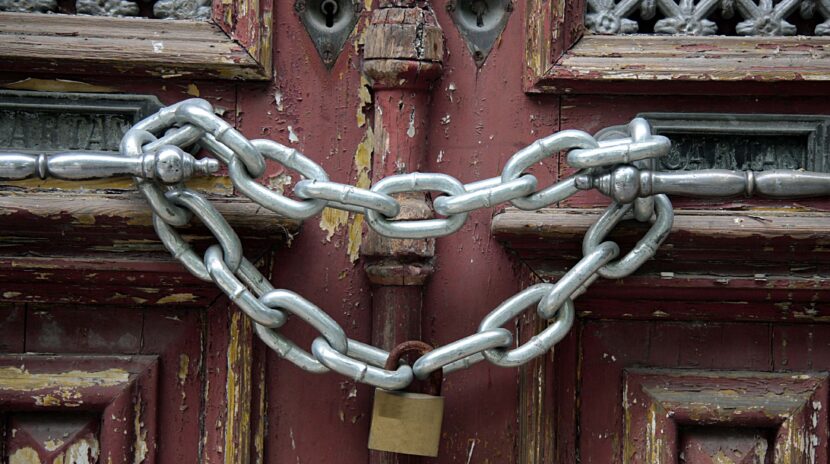Right to Foreclosure Mediation for Divorcees and Surviving Spouses
Connecticut Public Act 15-124 – An Act Extending The Foreclosure Mediation Program
One of the benefits of being in a multi-partner law firm is the overlap between our different practice areas, allowing us to better help our clients in difficult situations. Since our firm represents divorce clients, probate clients, and foreclosure clients, Connecticut Public Act no. 15-124 is going to allow us to help clients better solve their foreclosure issues when relating to residential real estate property that was part of divorce or probate proceedings.
The Problem Was Standing
Perhaps you are a divorcee. You just finished the long and stressful process of divorce. Part of the Court ordered Divorce Decree is that your ex-spouse execute a quitclaim deed transferring a house or condominium to your ownership. The deed is drafted and recorded on the land records and as far as you are concerned the property is now yours.
Perhaps your spouse recently passed away. You just finished the extremely complicated probate process. In their will your spouse left you residential real estate property. The Executor of your spouse’s estate drafted an Executor’s Deed, which was approved by the probate court and recorded on the land records, transferring title in the property to you.
In either case, let’s assume there was a mortgage on the property. Either your ex-spouse had not been making payments or the probate estate had not been making payments and the mortgage is in default. Or, even if the payments are current, the mortgage has a “due on transfer” clause, which states that if the property is ever transferred from the ownership of the borrower under the mortgage, the entire outstanding amount is due and payable in full. As is common, the collateral on the mortgage is the property itself. The bank is now foreclosing on the property.
As the new owner, you want to enter foreclosure mediation so that you can find a way to keep your family home; through mortgage modification or refinance. Until October 1, 2015, YOU COULDN’T!
The issue was standing! Since you were not a party to the mortgage, you had no “privity of contract”, and therefore no standing to challenge the foreclosure in court. The foreclosure would proceed and the bank would be allowed to either repossess or sell your property to pay off the money owed to them.
The Connecticut Legislature Solves The Problem
The Connecticut Legislature saw the issue of removing spouses from the family home without letting them be heard when a court order had given them possession of the residential real estate property. After all, how is it fair to completely stonewall the new owner of the property from mediating a solution to the foreclosure?
Therefore, Public Act No. 15-142 has extended the foreclosure mediation process to include spouses who became “successors in interest” due to divorce, separation, or death of the other spouse.
What this means for our clients
The new law allows the divorcee or decedent’s spouse to stand in the shoes of the previous owner, at least as far as defending against foreclosure of the property is concerned. This means that we can now offer assistance to our foreclosure clients who became owners through divorce or death of their spouse. Previously, we would have had to turn these people away as there was no legal procedure available for us to resolve their problem. It is not guaranteed that the successor-in-interest spouse will be allowed to keep the property, but at least now they have a fighting chance.

